Sovereign AI Clouds: Why Nations Are Investing Billions in Domestic AI Infrastructure

Navigating the New Frontier: The Rise of Sovereign AI Cloud
Have you ever considered who truly controls the powerful artificial intelligence shaping our future? With AI rapidly becoming a cornerstone of national security, economic growth, and citizen services, the question of data sovereignty and technological independence is no longer a futuristic concern – it’s a present-day imperative. The emergence of Sovereign AI Cloud is directly addressing this critical need. This blog post will delve into this transformative technology, exploring its key concepts, market dynamics, strategic implications, and crucial considerations for businesses and governments alike. Prepare to uncover how nations are forging a path towards AI leadership with robust, secure, and independently managed cloud infrastructure.
Key Concepts & Trends
At its core, Sovereign AI Cloud represents a paradigm shift in cloud computing. Unlike traditional cloud services where data and infrastructure reside in potentially foreign jurisdictions, Sovereign AI Cloud emphasizes geographical control, data residency, and adherence to national laws and regulations.
Several key trends are driving its growth:
- Data Residency & Sovereignty: This is the foundational principle. Sovereign AI Cloud ensures data generated and processed within a nation’s borders remains there, complying with stringent data protection laws like GDPR, CCPA, and national equivalents.
- Enhanced Security: Built with robust cybersecurity protocols and often employing advanced encryption techniques, these clouds offer a higher level of security for sensitive data compared to multi-national providers.
- Vendor Lock-in Mitigation: Sovereign AI Cloud architectures often promote interoperability and avoid tight vendor dependencies, providing greater flexibility and control.
- Local Talent & Economic Growth: Investments in Sovereign AI Cloud are fostering local talent development and stimulating economic growth within nations by creating specialized jobs and supporting domestic tech industries.
Real-world Example: The European Union’s push for the Government AI Investment is a prime example. They are actively promoting the development of secure, trustworthy AI infrastructure within the EU to maintain strategic autonomy and address potential risks associated with relying on foreign technology providers. This investment is fueling the growth of several European-based Sovereign AI Cloud providers.
Data & Market Insights
The market for Sovereign AI Cloud is experiencing exponential growth. A recent report by Gartner predicts the global Sovereign Cloud market will reach over $18 billion by 2027, growing at a CAGR of 25%.
(Image: A visually appealing infographic depicting the growth of the Sovereign AI Cloud market over the next 5 years, showcasing key regions and projected revenue.)
This growth is fueled by several factors, including:
- Increased Regulatory Scrutiny: Governments worldwide are strengthening data protection regulations, creating a greater demand for data residency solutions.
- National Security Concerns: Worries about data breaches and foreign interference are driving nations to prioritize control over their data and critical infrastructure.
- Supply Chain Resilience: The pandemic highlighted the importance of diversifying technology supply chains, which is pushing organizations to adopt Sovereign Cloud solutions.
Case Study: The UK government’s adoption of a Sovereign Cloud for sensitive government data exemplifies this trend. This decision, driven by national security concerns, has spurred significant investment in the UK’s cloud infrastructure and created numerous jobs in the cybersecurity and cloud computing sectors.
Smarter Strategies & Alternatives
While transitioning to a Sovereign AI Cloud can seem complex, several strategies can optimize the process:
- Hybrid Cloud Approach: Combining Sovereign Cloud services with existing multi-cloud or public cloud environments offers flexibility and allows organizations to leverage the best of both worlds.
- Strategic Partnerships: Collaborating with established Sovereign Cloud providers or experienced system integrators can accelerate deployment and ensure compliance.
- Data Governance Framework: Implementing a robust data governance framework is crucial for managing data residency, security, and compliance requirements within a Sovereign Cloud environment.
Alternative Platforms: Several companies are emerging as leading providers of Sovereign AI Cloud solutions. These include OVHcloud, DigitalOcean, and several regional players focused on specific geographic markets.
Use Cases & Applications
Sovereign AI Cloud is finding applications across diverse industries:
- Healthcare: Securely storing and analyzing patient data while complying with HIPAA and other national privacy regulations.
- Finance: Protecting sensitive financial data and ensuring regulatory compliance in banking and financial services.
- Government: Managing citizen data and critical infrastructure with enhanced security and data sovereignty guarantees.
- Defense: Supporting national security operations and protecting classified information.
Startup Spotlight: Several startups are innovating within the Sovereign AI Cloud space. For example, [Insert Name of a Hypothetical Startup Specializing in Secure AI Development on Sovereign Clouds] is developing secure AI models specifically designed for deployment on Sovereign Cloud infrastructure, catering to the needs of regulated industries.
Common Mistakes to Avoid
Businesses and governments often stumble in their journey to adopting Sovereign AI Cloud:
- Underestimating Compliance Requirements: Failing to fully understand and address all relevant data protection and regulatory requirements can lead to costly penalties and legal issues.
- Ignoring Security Best Practices: Neglecting robust security protocols can expose data to breaches and compromises.
- Lack of Skilled Personnel: A shortage of experts in Sovereign Cloud technologies can hinder deployment and management.
Proactive Advice: Conduct a thorough risk assessment, invest in cybersecurity training, and partner with experienced providers to avoid these pitfalls.
Maintenance, Security & Long-Term Planning
Maintaining a Sovereign AI Cloud environment requires ongoing attention:
- Regular Security Audits: Conducting regular security audits and vulnerability assessments is critical for identifying and addressing potential weaknesses.
- Continuous Monitoring: Implementing continuous monitoring systems to detect and respond to security threats in real-time.
- Compliance Updates: Staying abreast of evolving regulatory requirements and updating systems accordingly.
- Scalability Planning: Designing for scalability to accommodate future data growth and evolving needs.
Summary & Key Takeaways
Sovereign AI Cloud is not just a technological trend; it’s a strategic imperative. It’s about regaining control over data, fostering innovation within national borders, and ensuring a secure and trustworthy AI ecosystem. Governments are making significant investments in Government AI Investment, and businesses are recognizing the value of leveraging Sovereign Cloud solutions for competitive advantage.
What are your thoughts on the rise of Sovereign AI Cloud? Share your experiences and perspectives in the comments below! You can also explore related resources and tools [Link to a curated list of resources].
FAQs
Is it too late to invest in Sovereign AI Cloud solutions?
Absolutely not. The market is still in its early stages, presenting significant opportunities for early adopters and investors.
How can small businesses use AI within a Sovereign AI Cloud environment?
Small businesses can leverage Sovereign AI Cloud services for data storage, analytics, and AI model deployment without compromising data sovereignty. They can utilize pre-built AI tools and platforms offered by Sovereign Cloud providers.
What tech stacks scale best for Sovereign AI Cloud applications?
Cloud-native architectures built on containerization (like Docker and Kubernetes) and serverless computing are generally well-suited for scaling Sovereign AI Cloud applications.
Share this content:

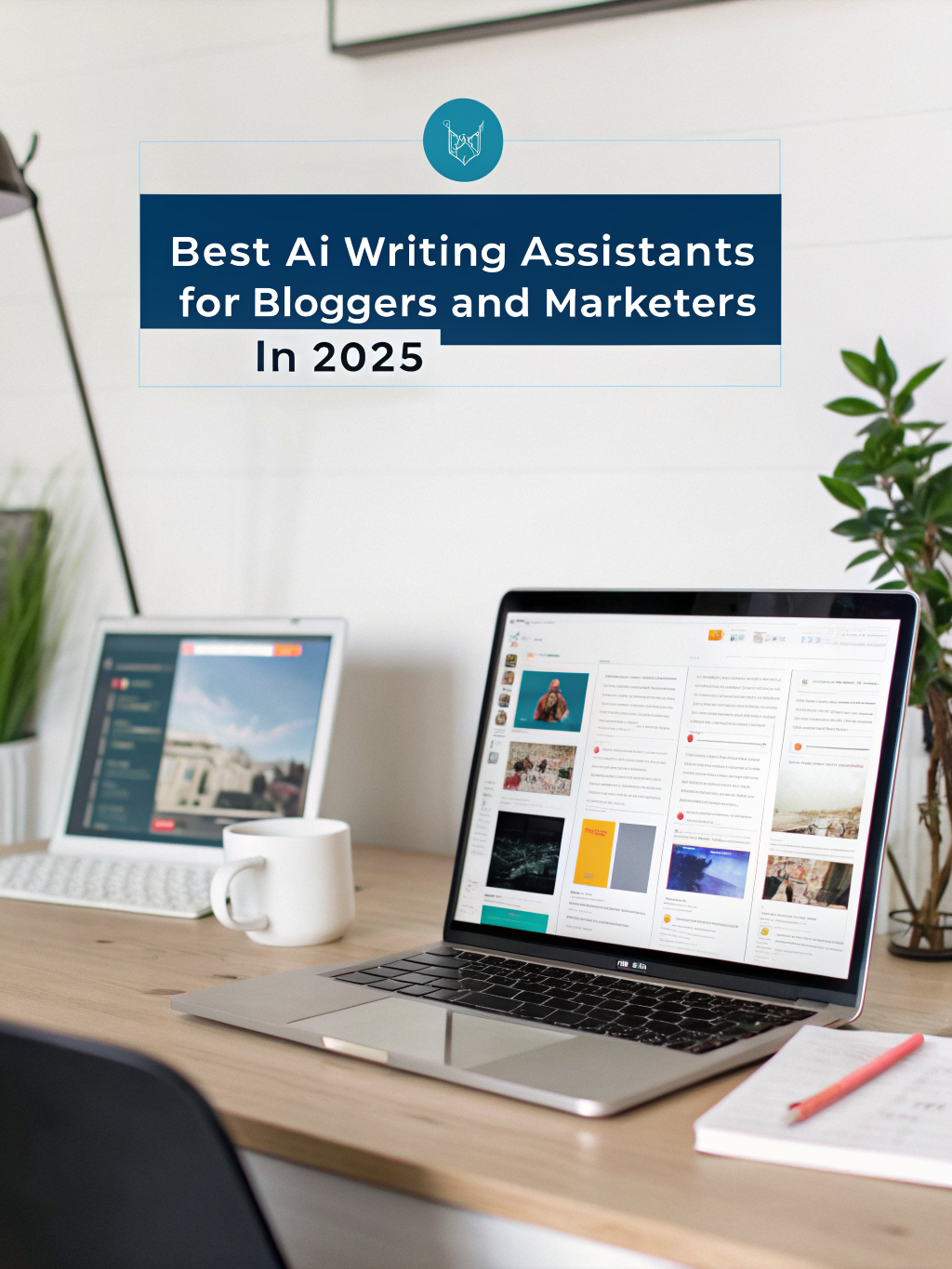
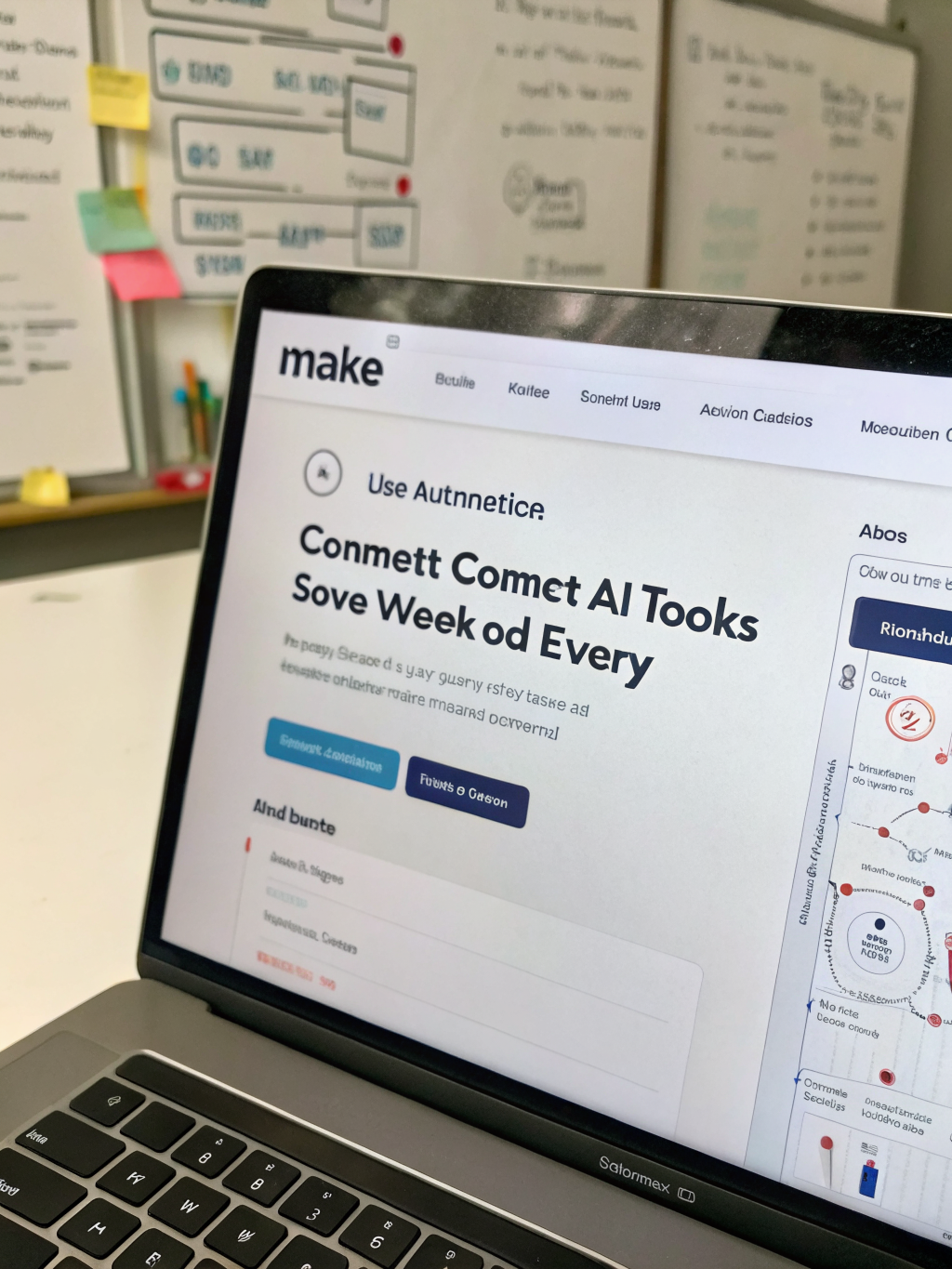
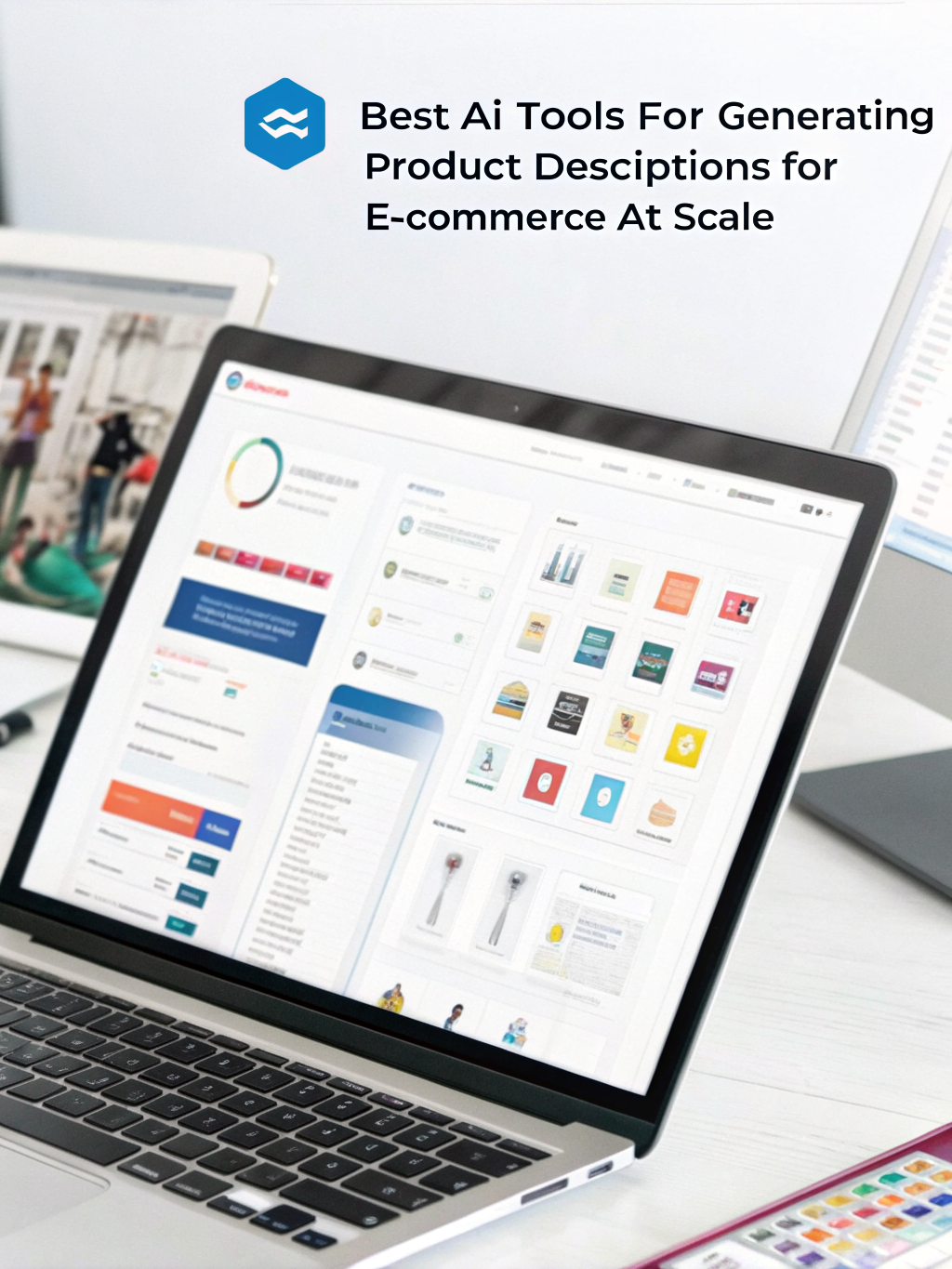
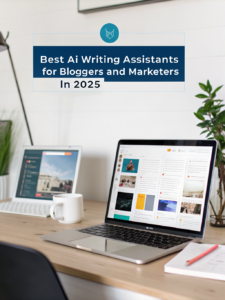
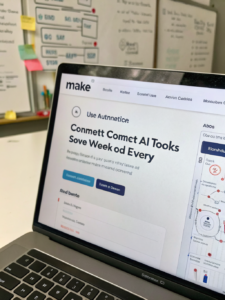
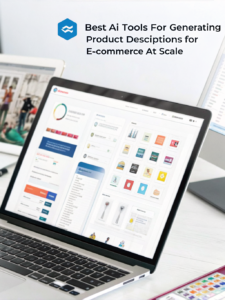
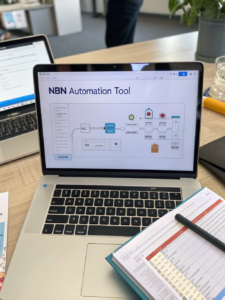
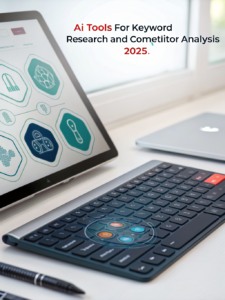
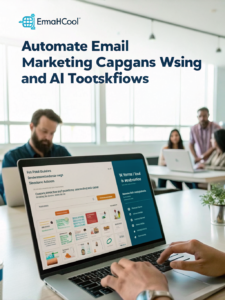
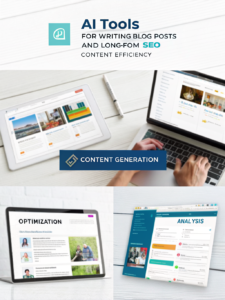


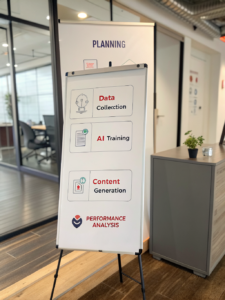
Post Comment